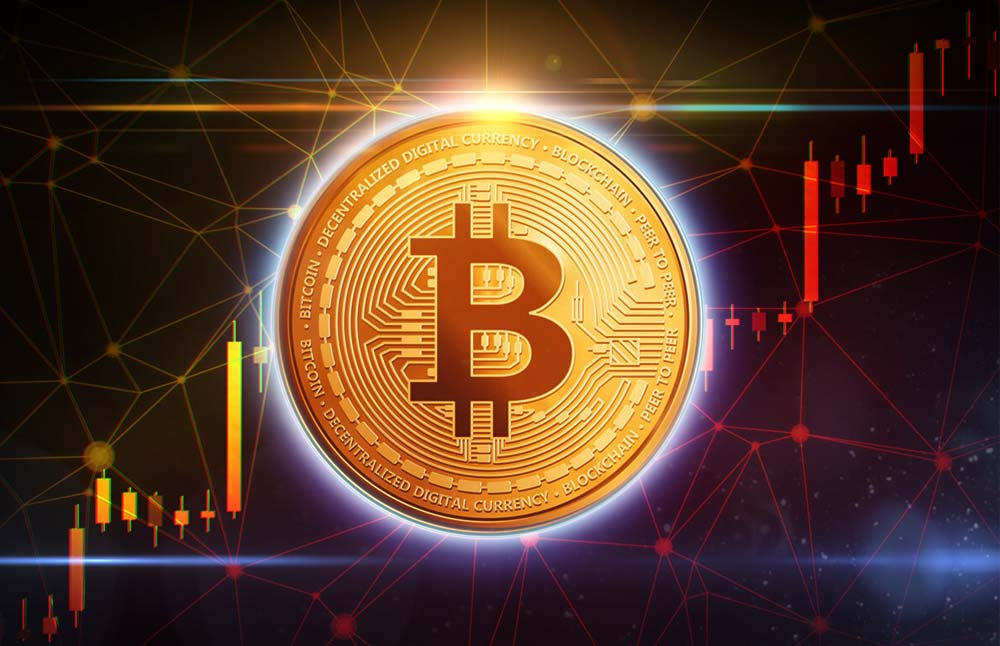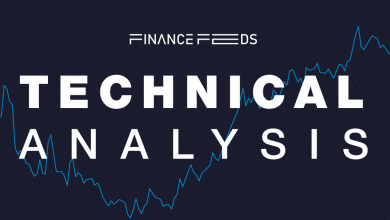Number of Individuals Who Possess 1 Bitcoin


Owning a whole Bitcoin is seen as a significant milestone in the cryptocurrency world, with those who achieve this known as Wholecoiners. As the price of Bitcoin rises and its adoption grows, holding an entire Bitcoin has become more exclusive and meaningful.
With Bitcoin surpassing $110,000 and a total supply of just under 21 million coins, the number of wholecoiners globally reflects the scarcity of Bitcoin and how widely distributed (or concentrated) the world’s most valuable digital asset has become. This article delves into the current ownership of 1 bitcoin, its implications for wealth, adoption, and the future of cryptocurrency.
Bitcoin Ownership: Addresses vs. Individuals
Recent blockchain data indicates that by the summer of 2025, there are approximately 988,000 unique Bitcoin addresses holding at least one whole Bitcoin. This figure remains stable compared to mid-2023, despite Bitcoin’s price doubling. However, it’s important to note that this number does not equate to individuals due to multiple addresses used for privacy and security reasons, as well as pooled holdings by exchanges and custodians.
Accounting for these factors, analysts estimate that between 850,000 and 950,000 unique individuals globally own at least one whole bitcoin. This range considers multi-address ownership and significant holdings aggregated by institutional custodians like Binance, Coinbase, and Bitfinex. Notably, a small number of wallets, mainly from exchanges or funds, hold over 10,000 BTC each, collectively representing a substantial portion of the total supply.
How Rare Is Owning a Whole Bitcoin?
Comparing the population of wholecoiners with the global population highlights its rarity. With around 988,000 wallets holding a whole bitcoin and an estimated global population of 8 billion, owning a full BTC places an individual within less than 0.012%–0.018% of the world’s population. Wholecoiners are fewer than two in every 10,000 people globally, making this status scarcer than being a millionaire. In contrast, there are over 56 million millionaires worldwide, emphasizing the increasing exclusivity of Bitcoin as a store of value and digital asset.
It’s noteworthy that with Bitcoin’s capped supply of 21 million, less than 21 million people could ever own a whole coin, considering factors like lost coins, early adopter holdings, and coins locked in institutional custody. As more coins are lost or held by institutions, the practical limit becomes even lower.
Wealth Distribution and Trends
Analysis of address distribution reveals a significant wealth concentration:
- Approximately 988,000 addresses hold ≥ 1 BTC.
- Only 151,657 addresses possess 10 or more bitcoins.
- 18,463 wallets hold at least 100 BTC, with just 2,100 containing over 1,000 BTC each.
- A select group of 94 wallets, typically exchanges or large investors, own more than 10,000 BTC each.
Chainanalysis indicates that the top 2% of addresses control over 90% of all bitcoin, despite many wallets holding fractions of a coin. A significant amount of bitcoin, estimated at more than 3 million coins, is likely lost forever due to various reasons, further reducing the effective circulating supply.
Global Adoption and Expansion
While the concentration of wholecoiners reflects exclusivity, millions of people worldwide now own some bitcoin, though mostly below the whole threshold. As of June 2025, over 106 million people globally hold bitcoin, with ownership skewed towards the young and male, but growing rapidly among women and in emerging markets.
Address creation is increasing, but so is the division—more individuals hold smaller amounts as the price rises. This trend elevates the rarity of achieving wholecoiner status, reinforcing Bitcoin’s narrative as “digital gold” and motivating investors to secure fractional ownership in diversified portfolios.
Significance of Wholecoiner Status
Owning a full bitcoin symbolizes conviction, financial strength, and participation in a groundbreaking monetary network. It represents a psychological milestone, akin to owning physical gold or maximizing allocation to a fixed-supply asset. As more bitcoin is absorbed by institutions and lost, the value and exclusivity of being a wholecoiner are likely to appreciate.
Conclusion
In essence, less than a million people worldwide own a whole bitcoin as of 2025. Blockchain data and expert analysis suggest that the actual number of unique individual holders is closer to 850,000–950,000. With Bitcoin’s capped supply, lost coins, and increasing adoption, wholecoiners form a small and diminishing global group—comprising less than 0.02% of the world’s population. This scarcity underscores Bitcoin’s unique position in global finance and its ongoing attractiveness to new investors and institutions.




